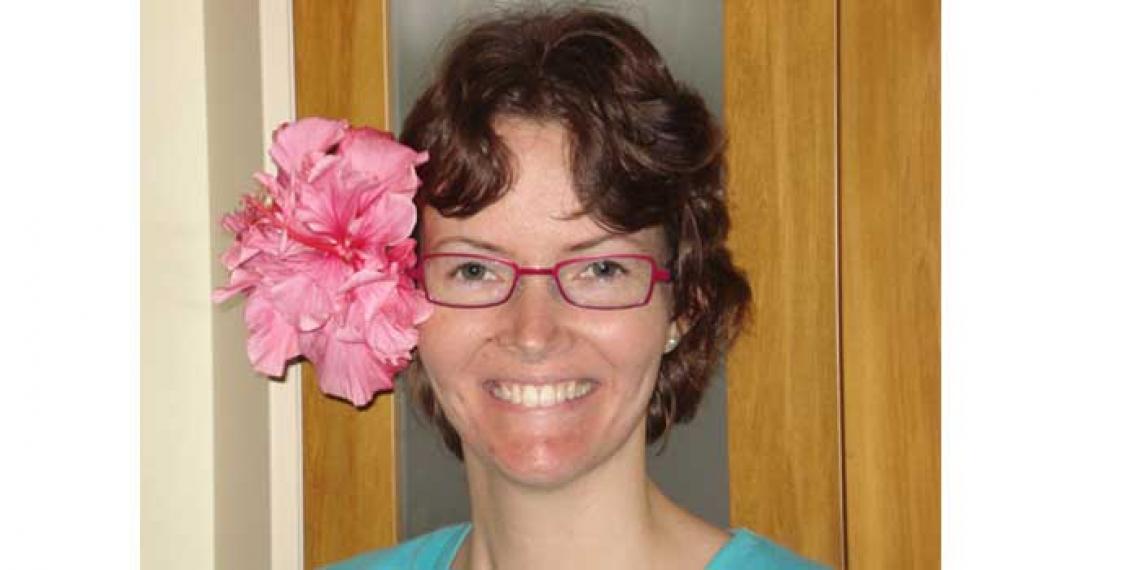You are here
Accepted the way I am

To others, I seem like a totally neurotypical young woman without a disability.
However, I do have one—a mild to moderate intellectual disability called Asperger’s Syndrome.
Even though Asperger’s Syndrome is one of the most common disabilities around, it is also one of the most misunderstood. It is common for people who know me to think I am capable of more than I am, which over the years has resulted in some huge disasters socially, because I do not have a strong ability to plan or follow instructions.
People don’t always think it is important to listen to me; and then they wonder why I get cross with them about their attitude.
The hardest part about my disability is knowing my social skills are affected. This, on top of having learning problems, means some people can think I am simply ‘a lazy excuse-maker who can’t be bothered sorting out my faults’, but that’s because they haven’t taken the time to try and understand me.
At aged 20 months, I was diagnosed with a severe form of epilepsy and I lost all my speech and social skills. Doctors told my parents I would never talk again, but now I sometimes talk too much!
Although my speech is generally normal now, I still sometimes have trouble if my speech slows down, becomes unclear, or I can’t comprehend what someone is saying. Generally, I prefer to communicate using texts or emails, because I can find it embarrassing if people can’t understand what I am trying to
tell them.
I enjoy helping at the Elevate Christian Disability Trust and Joy Ministries. Joy Ministries is a ministry associated with the trust, designed mainly for people with intellectual disabilities. I enjoy going along to camps run by both ministries. I choose to go along as a helper, even though I could have chosen to be a non-helper at both.
I came to know Christ when I was six years old. I am fortunate to come from a Christian family and to have been to church all my life. Of all the Psalms, my favourite is 139, which talks about how God made me and knows me.
At East City Corps, I have started making cards for people at church. This is a hobby of mine, and some women with leadership roles asked if I would like to make them after some recipients said they enjoyed receiving them.
My church has been very supportive of my special needs—especially my friend Barbara. She used to lead a women’s group at her house, which I attended each week. This has now been replaced by Bible studies at the church. People at my church accept me the way I am.
Aside from one young woman, none of my friends have physical or intellectual disabilities. However, the worst disability a person can have is to not know Christ as their Saviour.
By Annette Perkins (abridged from War Cry, 1 June 2013, p9)